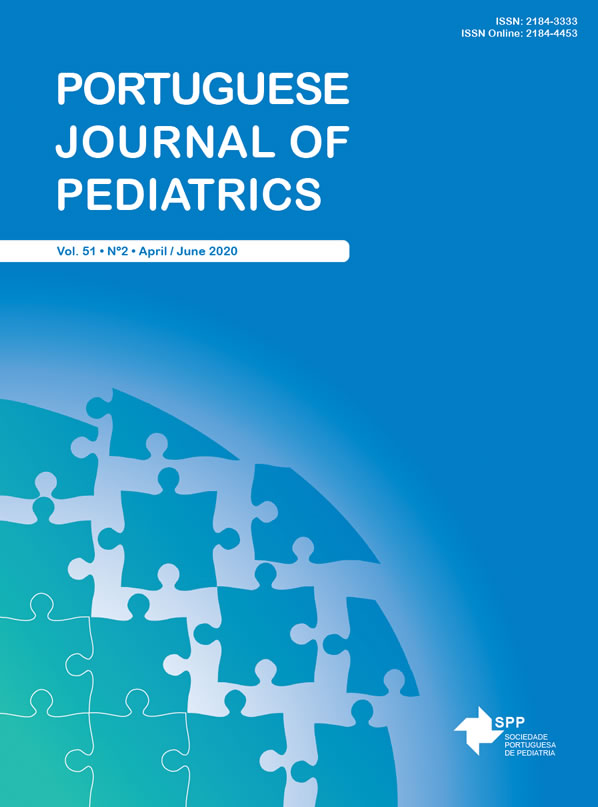Wernicke Encephalopathy in Anorexia Nervosa
Date of submission: 27-09-2018 | Date of acceptance: 02-10-2019 | Published: 02-04-2020
DOI:
https://doi.org/10.25754/pjp.2020.15049Abstract
Wernicke’s encephalopathy is an acute neuropsychiatric syndrome resulting from thiamine deficiency (vitamin B1) associated with significant morbidity and mortality. It has classically been described by the triad of mental status changes, ophthalmoplegia, and ataxia. However, its presentation can vary and there is relatively non-specific and oftentimes poorly recognized clinical presentation of Wernicke Encephalopathy. It has traditionally been associated with alcoholism but it may also occur in patients with subacute or chronic conditions that increase metabolic demand or cause significant malnutrition. In this review, the authors propose to describe a clinical case of Wernicke's Encephalopathy in a 13-year-old girl with anorexia nervosa - restrictive type, emphasizing the various aspects underlying these entities. The diagnosis of Wernicke's Encephalopathy should be considered in anorexia nervosa whenever there is an mental status change, although the symptoms of the classic triad are not present.
Downloads
Downloads
Published
Issue
Section
License

This work is licensed under a Creative Commons Attribution-NonCommercial-NoDerivatives 4.0 International License.









